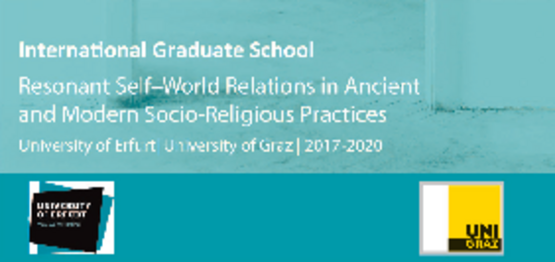Christopher Bégin
Religiosity and rituals in clubbing: resonance in unity, consumption and timelessness
The emergence of raves, which we define as nocturnal collective experiences of electronic music, stimulated the development of a new utopia in the early 1980s. This utopia provided the hope of a new world order, based on tolerance, liberty, anarchic governance, and a feeling of cosmological belonging. In the early 1990s, scholars placed great insistence on this culture’s religiosity: they conceived it as close to spirituality, as a meaning system which provides sense to personal experiences.
Regulation of “partying” in the 2000s led to the emergence of clubs which might have had an impact on the relationship attendants have to those events, the sense of community, unity and of belonging they used to find in it. The gentrification of big cities has also forced venues to reduce their opening hours and even to a lot of clubs to close, but this culture resisted in some cities like Berlin where they even got the status of cultural spaces.
As raves have been disappearing over the past twenty years, the findings on their spirituality should be revamped in the light of a new reality. This research takes the hypothesis that to attend to electronic music events might push a certain youth to visit other cities, or even to move, in a quest to align a way of living with their beliefs: a possibility to live in harmony with their desires. According to Hartmut Rosa’s resonance theory, this research focuses on the self-world relation that a certain youth might find in clubbing into dance, relation to others, objects, places, but also into time in the hyperextended and looped rhythms, focusing on their religious signification. The aim of this research is to try to understand if going to cities where clubbing is still active can be, as it was in the raves, experienced as meaningful, as religious, as a liminal space: a way to reconnect to a resonant life in a world that has mostly shut every other possibility of experiencing this “religion”.
Curriculum Vitae
• 10/2021-present : PhD student at the Max-Weber-Kolleg, Erfurt and member of the IGS.
• 2018-2020: M.A. in Sociology, University of Montréal.
• 2017/2019 : Graduated diploma in German studies, CCGES, University of Montreal.
• 2017/2018 : Minor in Sociology, University of Montreal.
• 2012-2017: B.Eng. in Mechanical Engineering, Polytechnique Montréal.
Doctoral positions are open for the study year 2023/24. Deadline extended (end of April. For further information on the call see here.




